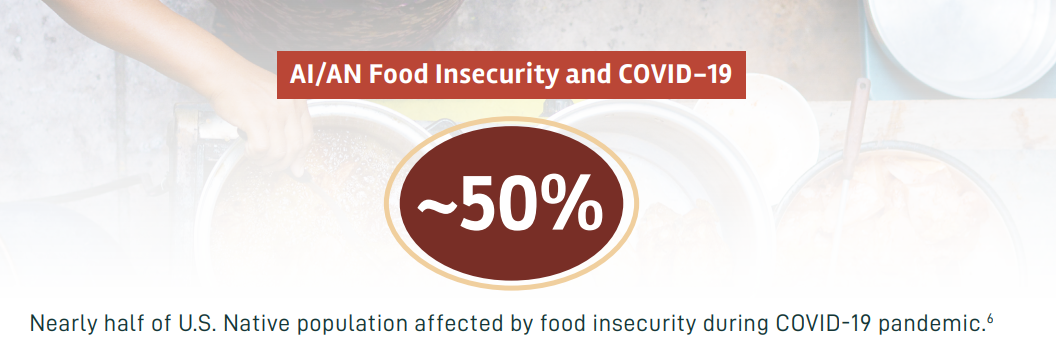NCUIH Endorses Bicameral Bill that Extends Grants to Urban Indian Organizations to Treat Long COVID
On April 7, 2022, Representative Ayanna Pressley (D-MA-07) and Senator Tammy Duckworth (D-IL) introduced the bicameral Targeting Resources for Equitable Access to Treatment for Long COVID (TREAT Long COVID) Act (H.R. 7482/S. 4015) to increase access to medical care and treatment for communities and individuals struggling with Long COVID. Specifically, this legislation would establish a grant program for eligible entities, including urban Indian organizations (UIOs), for the purpose of creating or enhancing capacity to treat patients with Long COVID through a multidisciplinary approach. The bill authorizes up to $2 million in grant funding to eligible entities and the period of a grant shall be up to three years, with an opportunity for renewal.
The TREAT Long COVID Act is co-sponsored by Rep. Donald Beyer (D-VA-8), Rep. Lisa Rochester (D-DE-1), Sen. Tim Kaine (D-VA), and Sen. Edward J. Markey (D-MA). The National Council of Urban Indian Health (NCUIH) endorses this bill that brings critical funding to UIOs to treat the lasting effects of COVID on the American Indian/Alaska Native (AI/AN) community.
“NCUIH is pleased to endorse Rep. Ayanna Pressley and Sen. Tammy Duckworth’s Targeting Resources for Equitable Access to Treatment for Long COVID Act. The COVID-19 pandemic has disproportionately impacted Native communities and we are left to deal with the devastating lasting impacts of this disease. We are grateful for the inclusion of urban Indian organizations to be eligible for these critical grants to address Long COVID conditions,” – Francys Crevier (Algonquin), CEO, NCUIH.
Next Steps
The bill was referred to the House Energy and Commerce and Senate Health, Education, Labor, and Pensions Committees. It currently awaits consideration. This bill has been added to the NCUIH legislative tracker and can be found here.
Background
Native communities face some of the harshest disparities in health outcomes of any population in the U.S. and are disproportionately impacted by the COVID-19 pandemic. American Indians and Alaska Natives have infection rates over 3.5 times higher than non-Hispanic whites, are over 3.2 times more likely to be hospitalized as a result of COVID-19 and have higher rates of mortality at younger ages than non-Hispanic whites.
The impact of COVID-19 on American Indian and Alaska Native health will continue beyond the pandemic. Lasting illness such as Long COVID need to be addressed.
NCUIH Resource: American Indian/Alaska Native Data on COVID-19
The TREAT Long COVID Act would expand treatment for Long COVID nationwide by:
- Authorizing the Department of Health and Human Services to award grants up to $2,000,000 to health care providers, including community health centers;
- Granting funding for the creation and expansion of multidisciplinary Long COVID clinics to address the physical and mental health needs of patients;
- Prioritizing funding for health providers that plan to engage medically underserved populations and populations disproportionately impacted by COVID-19;
- Ensuring that treatment is not denied based on insurance coverage, date or method of diagnosis, or previous hospitalization;
- Encouraging ongoing medical training for physicians in Long COVID Clinics and other health care workers serving patients; and
- Requiring grantees to submit an annual report on its activities that includes evaluations from patients.




